Search
Research
‘You Can Sort of Justify Having That Drink’: Australian Young Adults' Perspectives on the Appeal and Influence of ‘Better for You’ Alcohol ProductsAlcohol industry publications reveal that the industry targets young people with better for you (BFY) marketing that promotes the nutrition and health-oriented aspects of some products, despite the inherent harms of alcohol consumption. This research investigated how young adults conceptualise the appeal of BFY alcohol products and their potential effect on consumption, and their opinions of the alcohol industry in the context of this marketing.
Research
The CASHEW Study - Introducing Cashew Nuts During InfancyDebbie Susan Palmer Prescott BSc BND PhD MBBS BMedSci PhD FRACP Head, Nutrition in Early Life Honorary Research Fellow debbie.palmer@uwa.edu.au
Research
A novel role for interleukin-1 receptor signaling in the developmental regulation of immune responses to endotoxinSuggests that IL-1R1 expression provides an additional level of Myd88-dependent signaling during this period of heighted susceptibility to infection.
Research
T-cell activation genes differentially expressed at birth in CD4+ T-cells from children who develop IgE food allergyTo show underlying mechanisms, we examined differences in T-cell gene expression in samples at birth and at 1 year in children with and without IgE allergy.
Research
The relationship between maternal folate status in pregnancy, cord blood folate levels, and allergic outcomes in early childhoodThis study examined whether maternal and/or fetal folate status in pregnancy is associated with infant allergic outcomes.
Research
The effects of maternal smoking on early mucosal immunity and sensitization at 12 months of ageIn this study, we examined the effects of maternal smoking as a major adverse exposure in early life, on mucosal immune function and allergen sensitization...
Research
Natural environments, nature relatedness and the ecological theater: connecting satellites and sequencing to shinrin-yokuMechanisms-including aerobiological and epigenetic-that might help explain some of the noted positive health outcomes
Research
World Allergy Organization-McMaster University Guidelines for Allergic Disease Prevention (GLAD-P): ProbioticsPrevalence of allergic diseases in infants, whose parents and siblings do not have allergy, is approximately 10% and reaches 20-30% in those with an allergic...
Research
Dysregulation of innate immunity in ulcerative colitis patients who fail anti-tumor necrosis factor therapyStudy the innate immune function in ulcerative colitis patients who fail to respond to anti-tumor necrosis factor therapy
Research
Transforming Life: A Broad View of the Developmental Origins of Health and Disease Concept from an Ecological Justice PerspectiveWith emerging research involving green space, the microbiome, biodiversity and positive psychology, we discuss ecological justice in the dysbiosphere
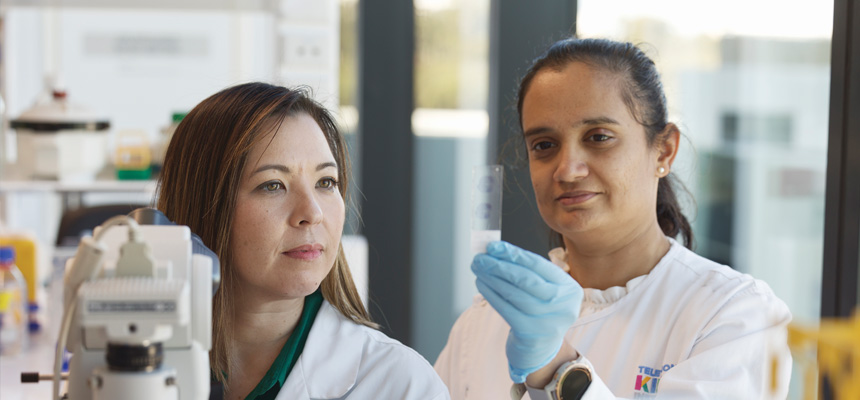
The WA Kids Cancer Centre has a suite of world-leading research projects to unlock new treatments for childhood cancers.
Research
KMT2A-rearranged acute lymphoblastic leukaemiaKMT2A-rearranged acute lymphoblastic leukaemia (ALL) represents a high risk subtype of childhood ALL. Historical treatment strategies have comprised of intensification with conventional chemotherapy. However, outcomes have remained consistently poor compared to the advances that have been seen for other ALL subtypes, particularly for infants diagnosed before their first birthday
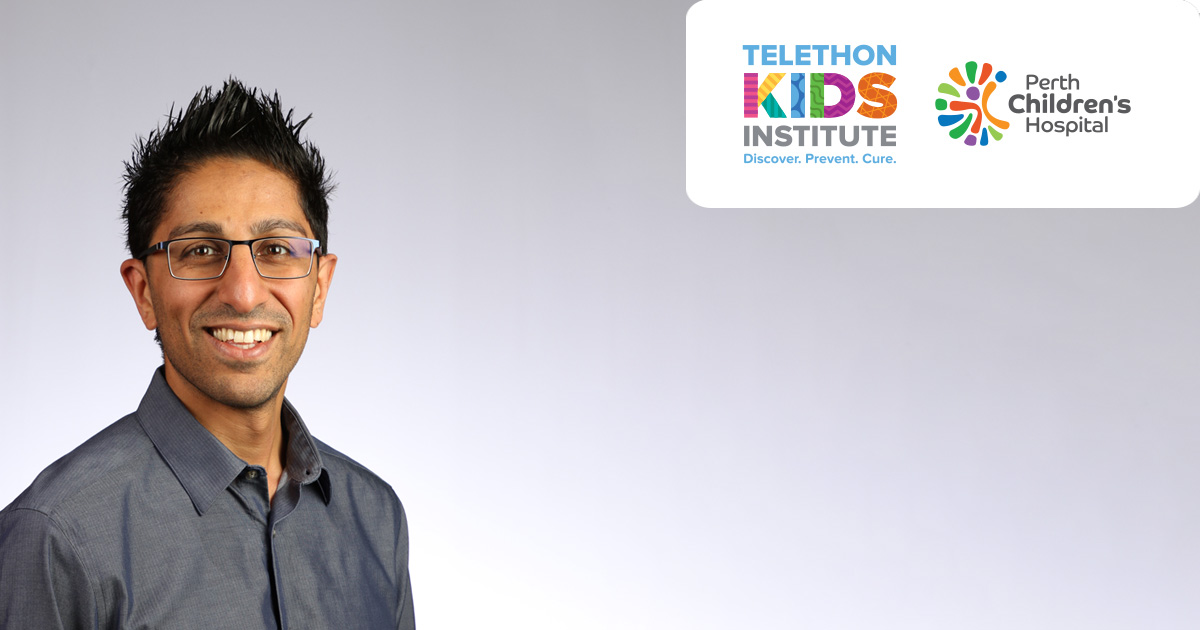
News & Events
Immunotherapy drug dramatically improves survival for babies with rare leukaemiaA pilot clinical study, led in Australia by a The Kids Research Institute Australia and Perth Children's Hospital researcher, has found an immunotherapy drug can dramatically increase survival rates for babies with a rare form of leukaemia, paving the way for a major international clinical trial.
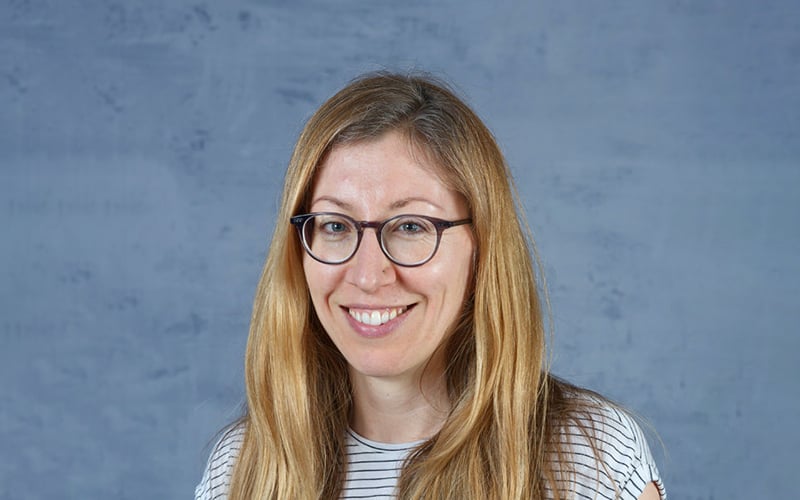
News & Events
Homeward bound: The Kids Research Institute Australia researcher taking on scientific leadership challengeThe Kids Research Institute Australia researcher, Dr Anya Jones, will join some of the world’s brightest female scientists after being selected to take part in a global project to amplify the voices of women in science leadership.
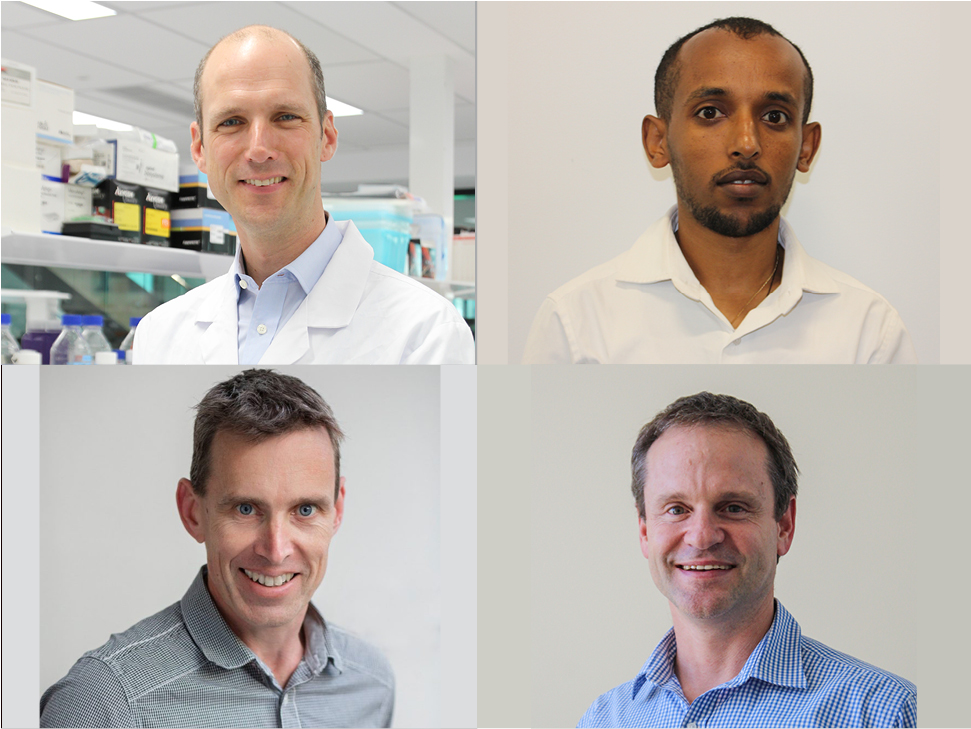
News & Events
Child health research set to benefit from national grantsResearchers at The Kids Research Institute Australia have been awarded $4.6 million in national funding from the National Health and Medical Research Council (NHMRC) and Medical Research Future Fund (MRFF) to help support child health research.
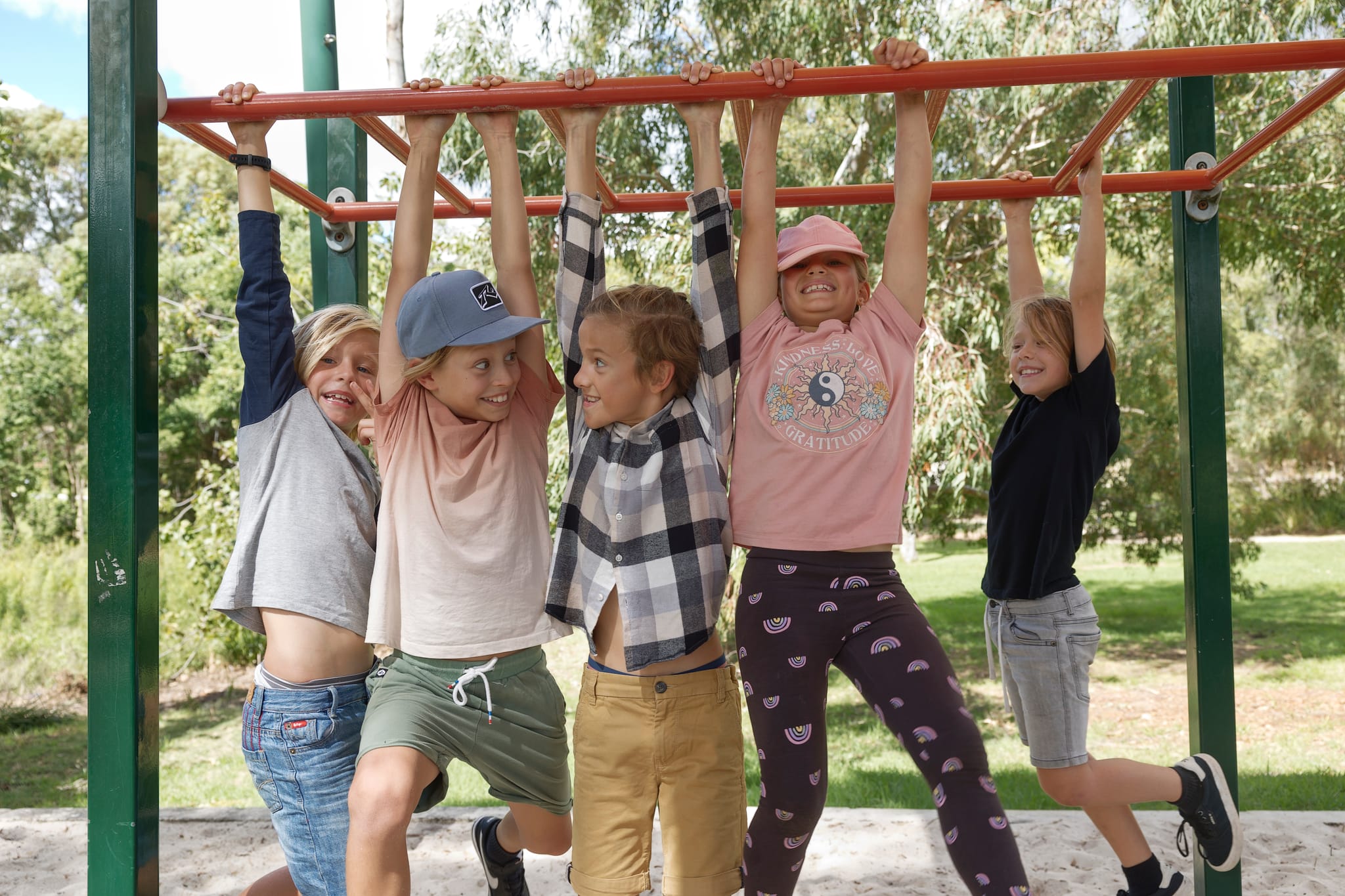
News & Events
Funding boost for childhood cancer research projectsProjects to improve outcomes for leukaemia patients and reduce skin cancer rates in young Aboriginal people have received funding through Cancer Council WA.
Research
Prognostic significance of molecular subgroups in survival outcome for children with medulloblastoma in MalaysiaAdvancements in genomic profiling led to the discovery of four major molecular subgroups in medulloblastoma (MB), which have now been incorporated into the World Health Organization classification of central nervous system tumors. The current study aimed to determine the prognostic significance of the MB molecular subgroups among children in Malaysia.
Research
Grandparents’ Experiences of Childhood Cancer: A Qualitative StudyA child's cancer diagnosis has a significant impact on the lives of grandparents. Grandparents experience the stress of worrying about both their adult children and their grandchildren. Our study aimed to explore the lived experience of grandparents of children diagnosed with cancer.
